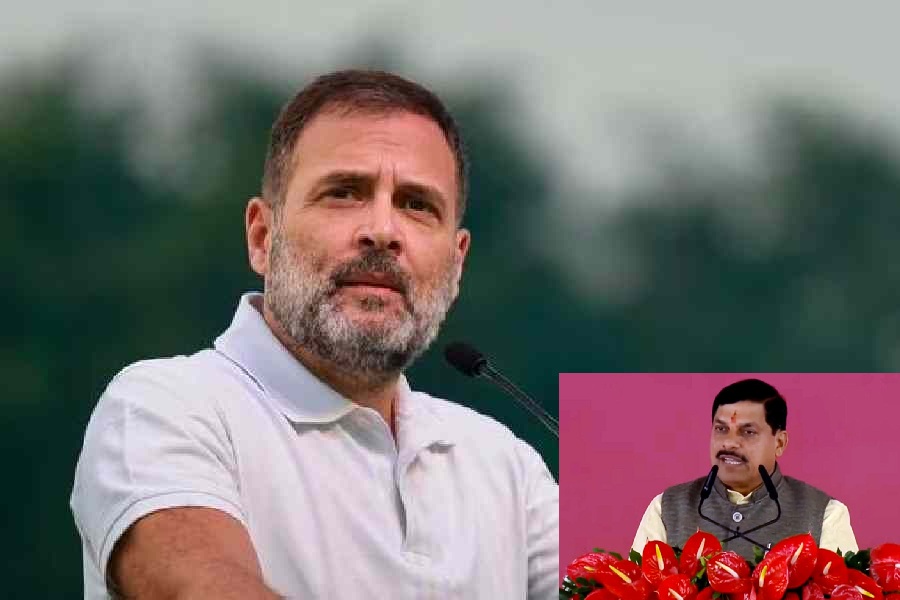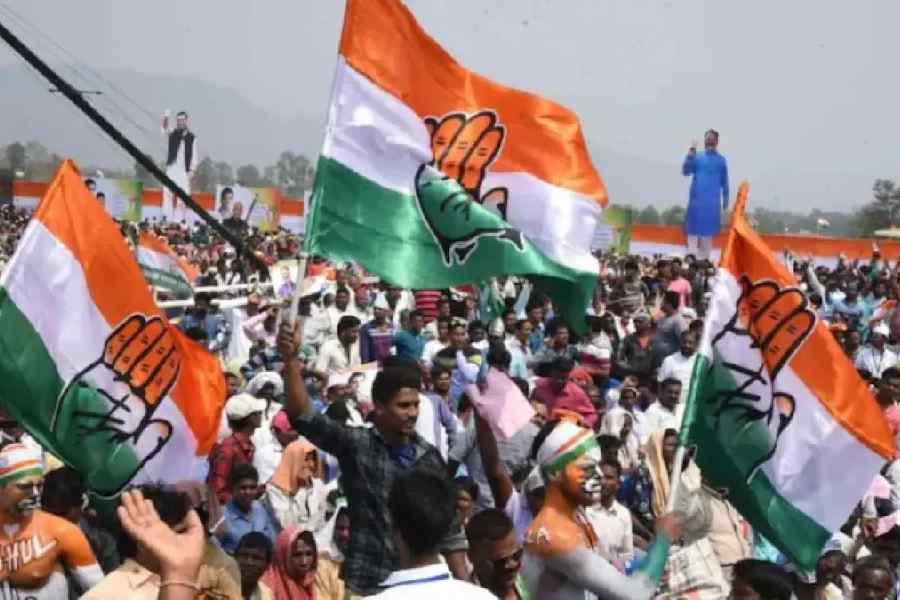A corporate’s environmental, social, and governance decisions are influenced by 17 Sustainable Development Goals. Although it is incumbent on signatory governments to achieve these in their respective nations, businesses play their role to attain them by 2030. Some goals like climate action, affordable clean energy, life below water, life on land, fall under ‘Environment’. No poverty, zero hunger, good health and well-being, gender equality, sustainable cities and communities, and reduced inequalities fall under ‘Social’. Decent work and economic growth, responsible consumption and production, peace, justice and strong institution, and partnerships for the goals fall under ‘Governance’. In fact, without Governance — the inclination to improve — the 17 goals will not be met.
Unlike governments, corporates can focus on goals aligned to their business. Thus, it may not be possible for companies to reduce poverty. But they can ensure that they and their supply chains pay a living wage.
Education courses have been developed to ensure there is progress on ESGs. Certified standards have been created in tandem to verify ESG claims by corporates. However, companies are not completely faithful to their SDG commitments and to ESG. But that doesn’t discount the value of ESG. It provides an ethical framework for businesses and makes them accountable.
Just like businesses, politicians and their work have a massive impact on people. They are busy keeping donors happy, fulfilling their own ambitions, and working within the confines of their ideology. As a result, it becomes difficult for them to pay attention to the welfare of constituency and nation.
It is a fallacy to believe that a politician’s work is judged during elections. It would therefore not be a stretch to suggest that an annual ESG report from politicians based on the 17 SDGs is an idea whose time has come. The claims can be certified by third parties. Arguably, a country’s Constitution is the framework within which politicians are supposed to work. But how many citizens can juxtapose the Constitution with their everyday life? A counter argument is: an election manifesto is the plan of a political party consistent with its ideological interpretation of the Constitution. Given that manifestoes are ideologically driven, politicians are more likely to prop up their ideology than serve the nation unbiasedly.
Employees of organisations have an annual appraisal. Politicians use the excuse of elections to prevent their annual assessment. A politician’s ESG report will provide irrefutable data to the constituency on the work being done. It will also provide a checklist, which can be tracked through a politician’s tenure in public life.
While reporting on their role in improving the environment, politicians could provide information on the bills they have written or supported that protect the environment. They can share expenses incurred to improve the environment of their constituency. Similarly, they would be able to provide information on how their work has improved the social conditions of their constituency — from improving communal harmony to enhancing access to social services.
Governance would be the most important part of the politicians’ ESG report. Here, politicians would share information on their donors, their demands and amounts donated. The report should be validated by members of the constituency who would be rotated annually. The paperwork for filing nominations and organisations like the Association for Democratic Reforms offer insights into candidates’ educational, criminal and financial records. But this information has not deterred politicians from committing crimes or lying, nor does it impact voting patterns. However, a politician’s ESG report would be consequential. Being a participatory process, it would make democracy stronger.
An ESG report for politicians would help voters select better candidates. Such a document is even more important since India is a signatory to the SDG.










